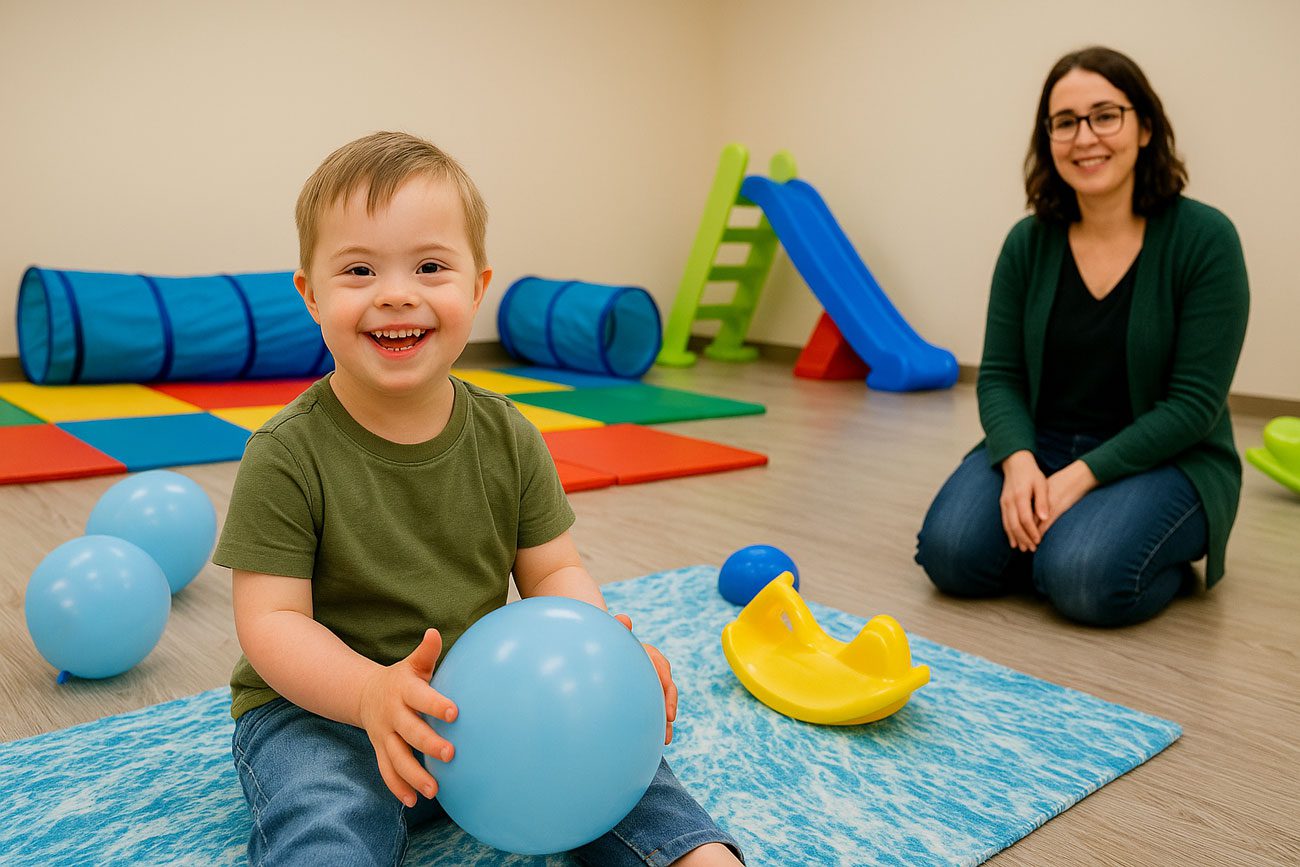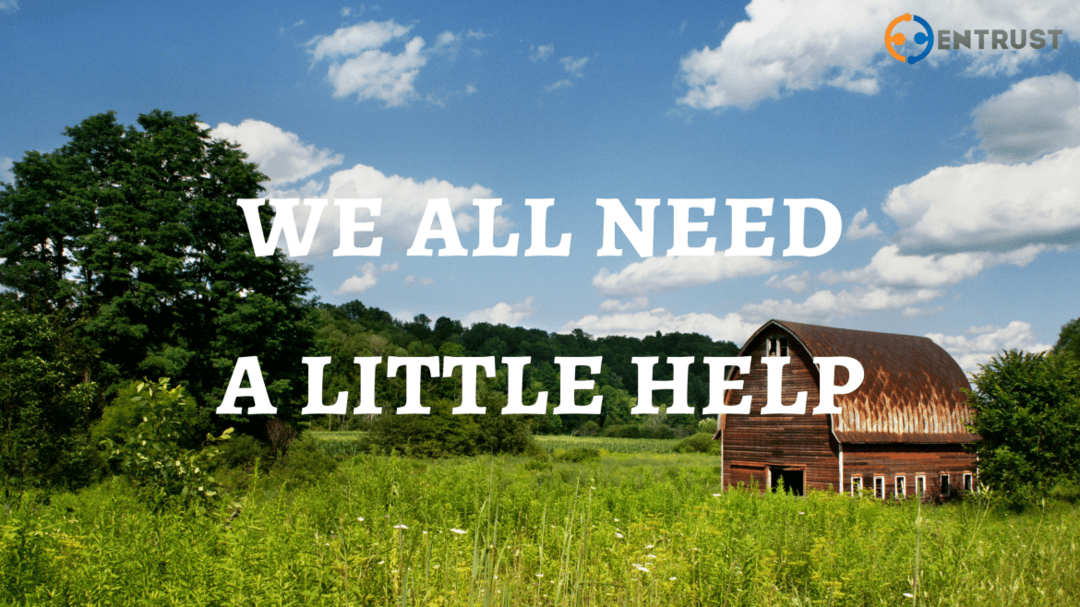
We All Need A Little Help – Disability services sector in Alberta

Jul 08, 2015
In the disability services sector in Alberta, a significant amount of time is spent creating plans and setting goals for natural supports. To put it simply, natural supports are people who interact with disabled individuals, be it at work or in recreational settings, as friends or as neighbours. Natural supports are not paid employees and have no formal disability services training, but they are vital to a disabled individual's sense of belonging in the community. A healthy network of natural supports also helps to alleviate the significant load of work that often falls on the shoulders of a single care provider. There is nothing lacking in the care giver's skill or commitment, however, they are often isolated and exhausted. Not every need may be satisfied by natural supports, but there are many that can. Here are a few ideas that can help primary care providers to acquire natural supports for their loved ones…
Belonging to organizations that encourage people to work and play alongside each other is a great way to start. People who participate in activities together are more likely to develop more deeply rooted relationships. Becoming involved with these types of organizations requires some investment of time and effort, even emotional resources, but make no mistake, it is an investment, and will provide your best returns as a primary care giver. Right from the beginning, you will be associated with a group of people who care about you and understand the challenges you face. They will listen and be able to provide valuable tips and advice. Then, as your investment grows, you and your loved one will develop closer friendships, friendships with people who want to and can be counted on to actively help you.
It is important that you allow yourself to be the kind of person who can be helped. When people offer assistance, be willing to accept it graciously. When an invitation is extended to a meal, or to a party, learn to say yes. It is only natural for a primary caregiver to be anxious about the well-being of their loved one and to feel compelled to hand over a long list of dietary needs, or to go into a diatribe of qualifiers about behaviour, or to delve into personal care details. Yes, there are a number of complexities that may need to be taken into consideration with an individual's disability, but try not to overburden natural supports with all aspects of it from your first meeting. Introduce people to your loved one, not their disability. People will learn as they go, just like you did. Natural supports will be people who care about you, and they will develop some level of understanding as to how to satisfy your loved one's needs. Over time, their understanding will grow, and they will come along at their own pace. Initially, recognize that any small amount of time spent with your loved one will provide you with some relief, and more importantly, will contribute to the building of a significant relationship.
As a primary care giver, an enormous amount of time and effort goes into working towards ensuring your disabled loved one's physical, intellectual and emotional needs are met. Disability services teams often prescribe strict regimens, routines, sensory and nutritional diets. These take months to develop and can take years to perfect, and while they make sense for primary care givers, it is unfair to expect someone who wants to lend a helping hand to be able to follow all the rules. The largest deterrent for natural supports is the thought of having to take a weekend course just so that they can take their friend to the movies. Learn to let go a little bit. There are going to be times that 'a trip to the movies' may result in extra work for you after the fact, but learn to value the emotional and intellectual stimulation that natural supports are willing to provide, and allow them to provide it in a way in which they feel comfortable. Your loved one will have the opportunity to enjoy wonderful experiences with other people that outweigh the regimens, routines, and diets.
It is true that a disabled individual has special and specific needs. It is also true that we live in a community where almost everyone wants what is best for Albertans with disabilities. There is no need for a primary caregiver to toil in isolation, overburdened and exhausted. Natural supports can help provide the style of life, the inclusion in the community that people with disabilities deserve and crave, while giving the respite that primary caregivers need. Life is an ongoing struggle for everyone, we're all human and vulnerable, and in the end we all need a little help.
- Tilton Reed, CEO
